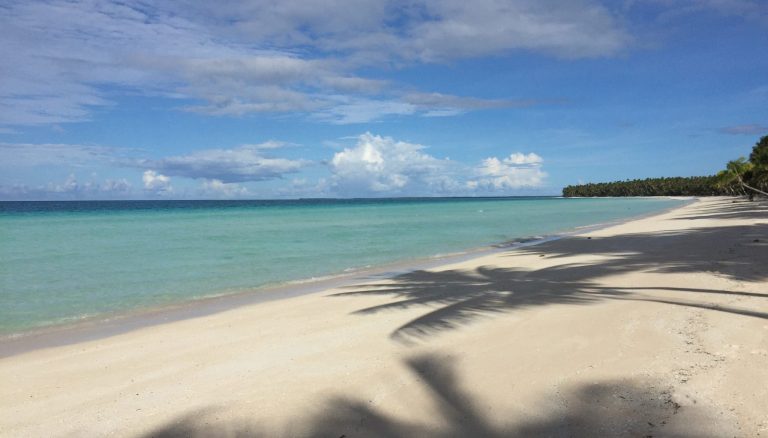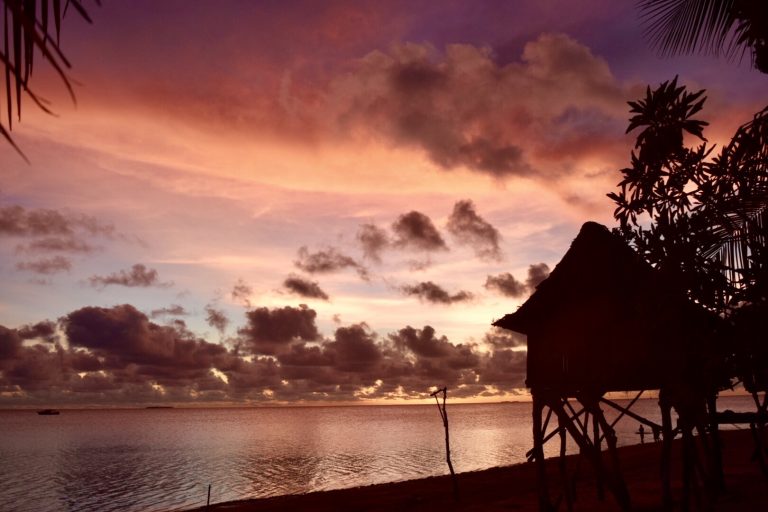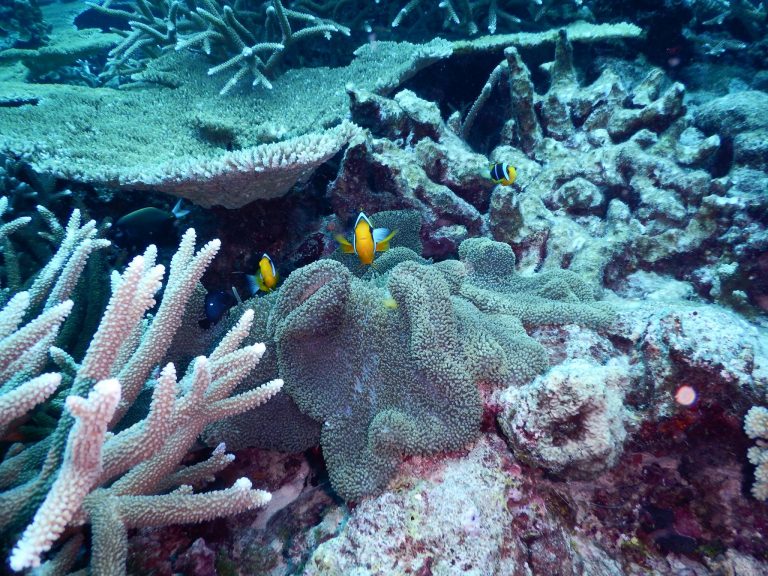by Sara Cannon, PhD Candidate, UBC Geography


This post originally appeared on saraecannon.com and is shared here with the author’s permission
In my experience, most conservation biologists truly want to make the world a better place for all people and care about the communities where we work. For me, this is why I do conservation work to begin with. However, many conservation scientists are never taught about the ways that conservation can impact people and communities. Instead, we learn about the biology and ecology of ‘natural’ ecosystems and the idea that we need to protect ‘nature’, which assumes that people and nature are separate from each other. But this is a narrative that is, at its roots, based in colonialism and erases Indigenous peoples.
The colonialist and white supremacist history of conservation, and our perpetuation of it, is a testimony to many things, including the white supremacist history of academia and a lack of appreciation for the social sciences and humanities in physical science education (although the social sciences and humanities are not exempt from perpetuating these frameworks either, see: Othered by Anthropology: Being a Student of Color in Anglo-cized Academia). These factors, I think, have contributed to a general ignorance of the ongoing impacts of colonialism among physical scientists, especially those of us who are privileged to not have to face the impacts of colonialism in our daily lives. We carry that ignorance and privilege with us when we do conservation work, both at home and abroad, which results in harm and erasure for local communities.
I am in no way defending the harmful actions of conservationists because of ignorance (and intention does not negate impacts), but I hope that by creating this reading list, I am providing a starting place for non-Indigenous conservation scientists to begin to combat it. We cannot ask folks who are Indigenous to constantly do the work to educate us (in itself, this is perpetuating colonialism and racism). This is especially important considering that many of the burdens Indigenous communities face today, including environmental degradation, have been caused by white folks, and white folks therefore have a responsibility to correct these burdens without causing further harm.


The goal of the reading list is to help well-meaning non-Indigenous folks like myself educate ourselves on the colonial, white supremacist, and imperialist roots of biodiversity conservation. Many of us work in places with long histories of occupation and colonialism, where the impacts of colonialism are still ongoing, and no matter how well-intentioned, conservation work tends to continue those legacies. In order to stop inflicting harm on Indigenous communities, we need to start by understanding the many ways the work we do and the assumptions we make are informed by these frameworks.
Decolonizing conservation means that non-Indigenous scientists must step back and let Indigenous peoples take the lead, and our conservation work must be done to support that leadership. We have a responsibility to use our work in a supporting role to help fix the harm that white people have caused around the world, via capitalism, colonialism, imperialism, and white supremacy. It is important to recognize that these things are all interconnected and intertwined; what impacts the environment and biodiversity also affects people, and vice versa.
I have not included readings specific to climate change here. If you’d like to read more about Indigenous climate justice, please see this resource by Dr. Kyle Whyte: Indigenous Climate Change & Climate Justice.


It is also important to understand that the European version of science is not superior to the local and traditional ecological knowledge held by Indigenous peoples. This means that for conservation work to be effective and just, we must center the wants and needs of Indigenous communities and respect and learn from the knowledge that they carry. The readings in the list explain in detail why this is the case and provide examples of projects that have done this.
Decolonizing Conservation Reading List
(accessible in Google Docs)
I want to thank the many people who have helped compile this list and who have suggested readings. Please do continue to email me with suggestions (I am specifically looking for resources written by people who are Indigenous); I hope this list will constantly evolve so that it remains a useful resource as long as it is necessary.
Suggested citation: Cannon, Sara E. (2019). Decolonizing Conservation: A Reading List. Zenodo. https://doi.org/10.5281/zenodo.4429220
Images are courtesy of Sara Cannon and were taken during fieldwork exploring coral reef health and resilience in the Republic of the Marshall Islands (top and bottom) and Kiribati (centre)


